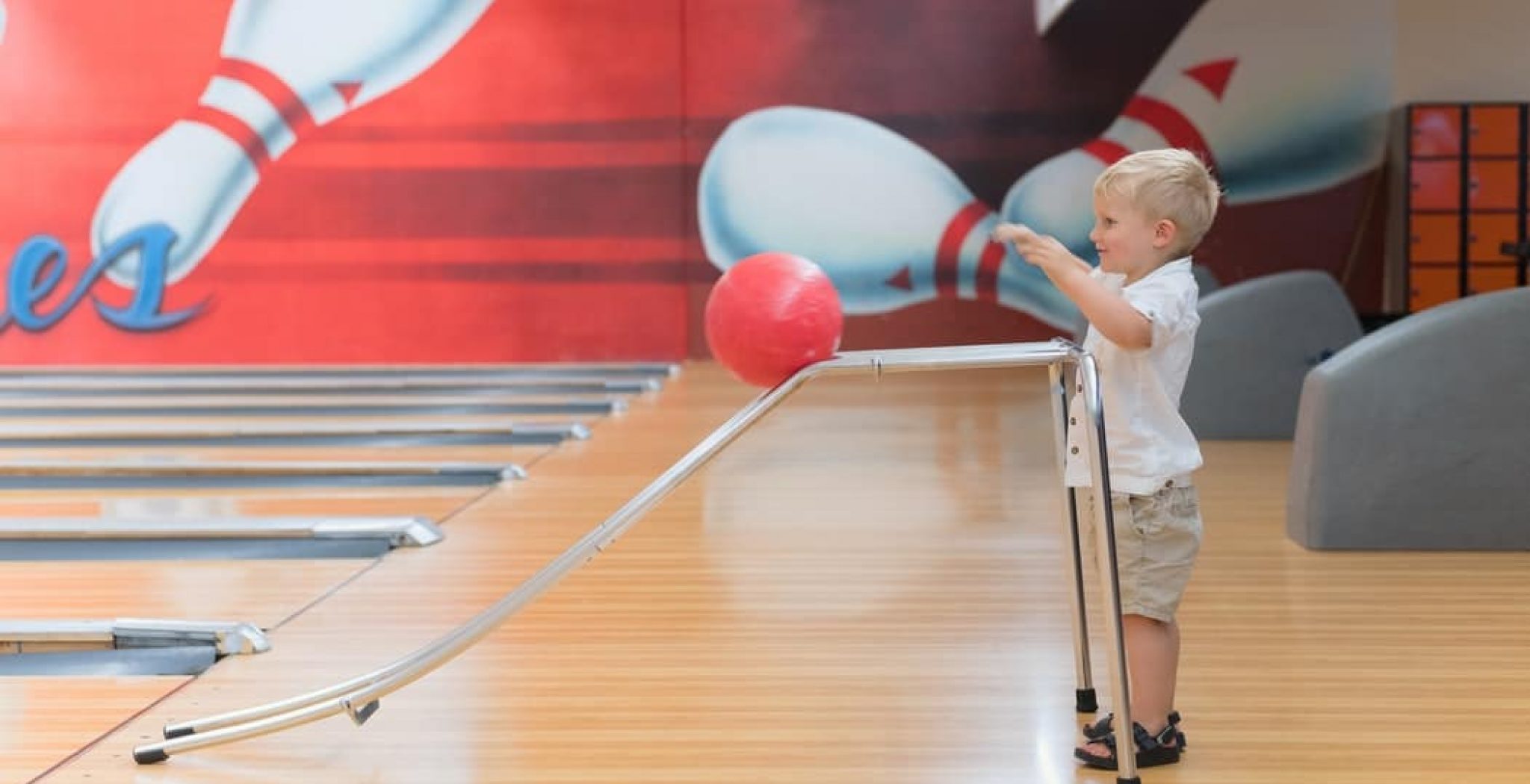ADHD (attention-deficit/hyperactivity disorder) is a mental disorder that can be difficult to recognize in children. More than 5 million children are estimated to have ADHD, making it one of the most common disorders among school-aged kids. The symptoms of ADHD vary across individuals and often go unrecognized until adulthood.
However, there are some signs parents should watch out for when their child starts kindergarten or preschool. This article will discuss some of the signs of ADHD in children and what you need to do if you suspect your child has ADHD. Keep reading to learn more.
What is ADHD?
ADHD stands for attention-deficit/hyperactivity disorder. It’s a chronic condition that affects children, teenagers, and adults to varying degrees. Childhood ADHD often persists into adulthood.
Those with ADHD often struggle with low self-esteem, troubled relationships, and difficulty at school or work. Children with ADHD often display short attention spans and hyperactivity. Treatment options include counseling and medication.
Signs of ADHD in Children
Does your child have ADHD? It can be hard to tell. Here are some signs of ADHD in children:
Hyperactivity
Children with ADHD often find it difficult to sit still and are prone to fidgeting. There may be difficulty remaining seated for long periods of time when required to do so by adults, teachers, classmates, or other authority figures. Other examples of hyperactivity include excessive talking or problems playing quietly.
Impulsiveness
Individuals with ADHD often act without thinking. Impulsive behavior can include blurting out answers before questions are finished, interrupting others in conversation or play activities, and acting without considering the consequences of their actions.
Self-focused behavior
Interrupting others is also an example of self-focused behavior. When children with ADHD interrupt others, they often do so without considering how it will affect them.
Forgetfulness
Forgetfulness is one of the easiest symptoms to identify in adults, but it can be tough for children. If your child forgets where they put their backpack or coat at school every day, that could indicate a problem with ADHD.
Children will often remember these things when prodded by an adult because they don’t have as much on their plates as teenagers and adults juggling many responsibilities. They might also forget what they were doing before coming into a room, which may mean that they’re easily distracted—another sign of ADHD in children.
Difficulty Completing Tasks or Paying Attention
One of the signs that a child might have ADHD is difficulty completing tasks or paying attention. If you notice this in your child, don’t worry.
A lack of focus is not likely to be something they can control on their own, and it doesn’t mean anything about them as a person (meaning, they’re not lazy). It just means that there may be some specific challenges for them to overcome with support from teachers, parents, and other adults who love them.
Emotional Turmoil
One of the most common signs of ADHD in children is emotional turmoil. Children with ADHD often have a hard time controlling their emotions and may seem over-emotional or detached from reality. Sometimes they may have emotional outbursts at inappropriate times.
Easily Distracted
If you notice that your child gets easily distracted, they may have ADHD. It can be challenging to pay attention when there are so many distractions around them, such as bright lights or loud noises.
Not Listening or Following Instructions
Difficulty listening to instructions or following them is another sign of ADHD in children. This is because children with ADHD find it difficult to concentrate on one task at a time.
If they are given two tasks, the more enjoyable one will usually distract their attention from the other. This causes them not to complete either task correctly and can lead to frustration for both parent and child alike.
Daydreaming
Daydreaming is a widespread symptom of ADHD. Children with ADHD may be daydreaming right in the middle of an important conversation or during a test at school, and they will often not remember what was just said to them.
Treatment Options
There is no cure for ADHD, but there are many treatment options to help. Some of the most common treatments include medication and ADHD coaching or therapy. Medication typically comes in two forms:
- Stimulants – which can improve focus/concentration and control impulsivity
- Non-stimulant medications – such as Strattera, which may be better suited if your child has anxiety issues.
Parenting a Child with ADHD
Parenting a child with ADHD isn’t the same as traditional parenting. Parents must accept the fact that children with ADHD have brains that work differently from other children. Here are some basic do’s and don’t when it comes to raising a child with ADHD:
Do’s
- Prioritize structure
- Believe in your child
- Limit distractions
- Break tasks into manageable pieces
- Encourage exercise
- Regulate sleep patterns
- Promote wait time
- Encourage out-loud thinking
- Simplify and organize your child’s life
- Find individualized counseling
Don’ts
- Don’t freak out over small incidents
- Don’t be negative
- Don’t lash out because you’re feeling overwhelmed
- Don’t let your child take control
Is Your Child Struggling with ADHD?
ADHD is one of the most common mental health disorders in children. In this guide, we’ve covered some signs of ADHD in children and what you can do to help them get on track for a healthy future. If your child has ADHD, contact us today to schedule an appointment with our team of experts! Our team of experts is ready and waiting to partner with you in designing an individualized care plan that meets both short-term goals (improving symptoms) and long-term goals (promoting growth).






